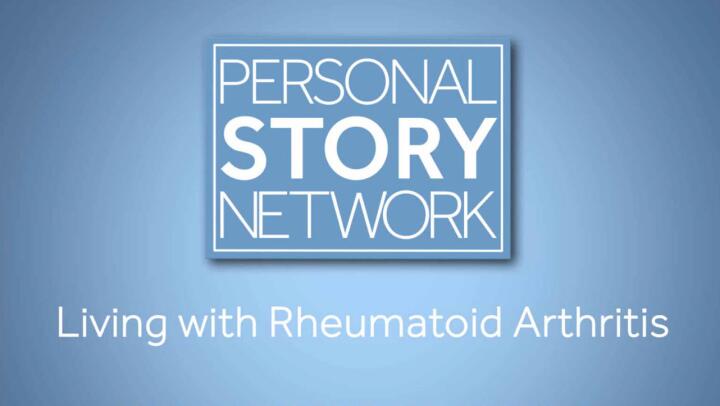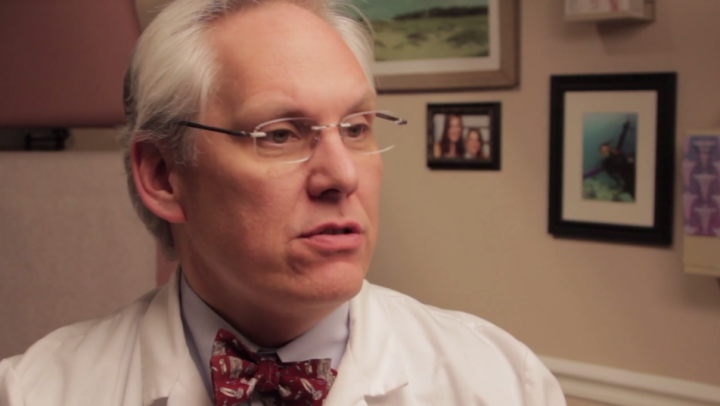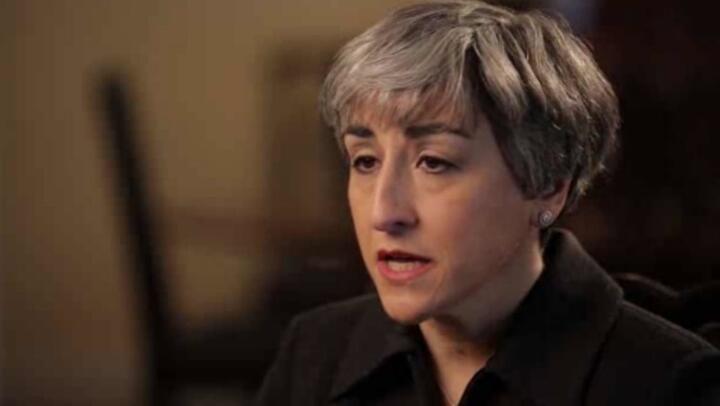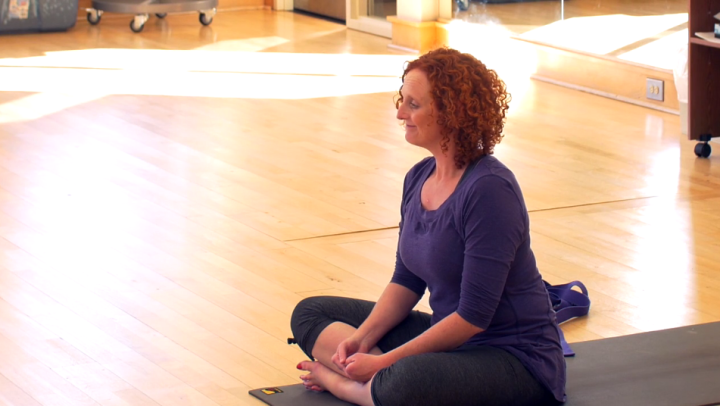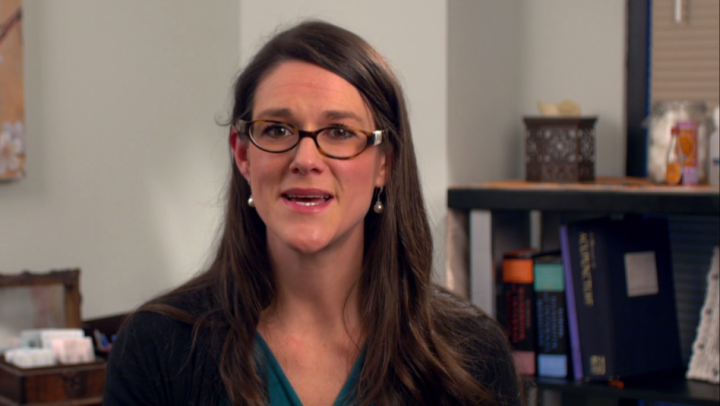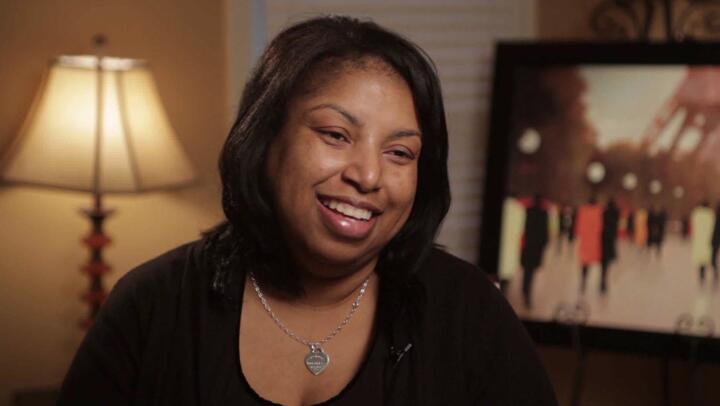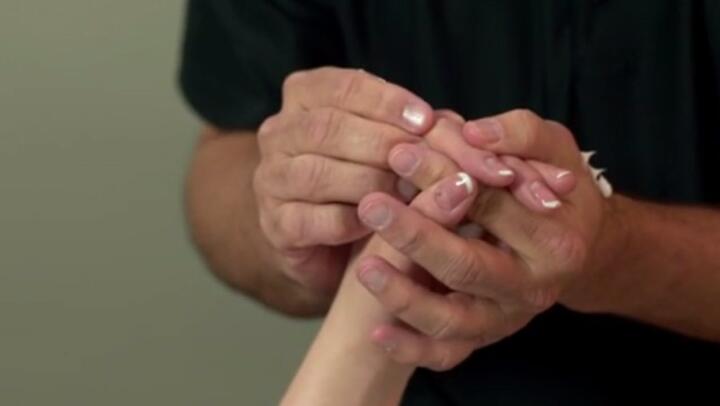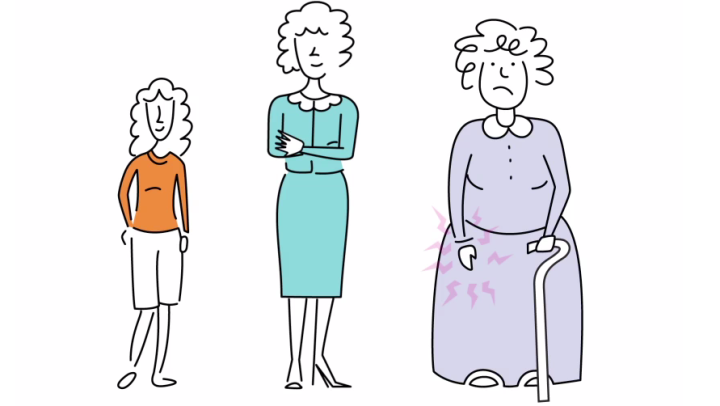
Nine years ago, I first developed symptoms of rheumatoid arthritis (RA), a chronic inflammatory disorder that affects your joints, but I had no idea what was plaguing me.
It wasn’t until I found a rheumatologist, a doctor who specializes in inflammatory diseases affecting the joints, that I was able to get the diagnosis and treatment I needed.
Finding the Right Care
When I was 25, I became pregnant with my daughter. It was a really rough pregnancy and soon after giving birth, I started to notice I was sore all the time. I was so weak. I could barely lift my daughter out of her crib. The first doctor I saw thought it might be a vascular issue, or a condition affecting my arteries and blood flow. He ordered an ultrasound that he said showed I may have a kind of vascular disease, or a condition affecting my arteries and blood flow. But when I went for a second opinion, that doctor found no vascular issues and said the first doctor’s interpretation of the ultrasound results was incorrect. But instead of checking into other causes, he told me that I was exaggerating my symptoms and was probably just out of shape.
Discouraged and confused, but unwilling to give up just yet, I made an appointment with a third doctor--a cardiologist. He ran a range of tests, which also found nothing conclusive. He then recommended I visit a rheumatologist to be checked for an autoimmune disease, or a disease when your body’s immune system attacks itself causing inflammation. I made that appointment right away.
My first appointment with the rheumatologist was the first time I felt like someone was taking my complaints seriously. We talked for a long time about my symptoms. He ordered blood tests that took two weeks to come back. Nearly two weeks to the day, he called and asked me to come in for my results. I knew right then he had found something.
In person, he confirmed that I had rheumatoid arthritis (RA), a disease where the immune system attacks the lining of the joints. He admitted he suspected RA within the first five minutes of speaking with me. It was a frustrating and exhausting eight months from the time of first noticing symptoms to my diagnosis. But being able to put a name to my condition was a huge relief. Finally, my sense there was something deeper wrong with me was validated.
Treating the Disease
My rheumatologist suggested that I bring my husband to the next appointment. He wanted to give us both an honest picture of what to expect with RA. My husband and I were looking at buying a home, and the doctor suggested we find one without stairs. He also suggested I have another child as soon as possible, since it wasn’t clear how quickly my disease would progress. He was straightforward and honest, and I appreciated that he didn’t sugar coat how much this illness would change our lives.
We decided to treat my RA aggressively with the hope that we could push it into remission. The doctor recommended I go on large doses of an oral steroidal drug to help reduce inflammation, hydroxychloroquinine (a malaria drug that also treats RA), and naproxen (a non-steroidal drug for inflammation). At first, I saw my specialist every six weeks. We’d discuss my symptoms and revisit my treatment plan. For a time, I actually felt worse. Not only did my symptoms not improve, the steroids left me feeling awful. It took a solid six months before I noticed any improvement.
But once I started getting better little by little, I had hope I could feel like myself again. It took a year and half, but I did. At that point, we started decreasing my dosages. Eventually, I was able to go off the steroid medication. About a year after that, I was able to wean off of all medications except naproxen as needed. It took several years, but it worked: My disease is now in remission.
Living With Rheumatoid Arthritis
Living with RA has affected me in so many ways. Before, I could do anything I wanted without worrying about how I would feel later. But since my diagnosis, I’ve learned to listen to my body and know my limits. This has been a big adjustment for everyone in my life. Thankfully, my husband has been incredibly supportive and my diagnosis has brought us closer than ever before. Nine years after my diagnosis, he still has to remind me to take it easy. I’m a person who has a hard time relaxing, but I've come to accept it’s OK to take a day to relax in front of the TV.
My RA is just a part of me now, and I’m blessed to say I often forget it’s there. My rheumatologist really helped me get to this point. To anyone with difficult-to-diagnose symptoms, I say always listen to your body. Don’t let anyone tell you how you feel. And don’t give up until you find a provider with the expertise to understand your illness and bring you real relief.
Kristen lives in the Chicago area with her husband and two daughters.





